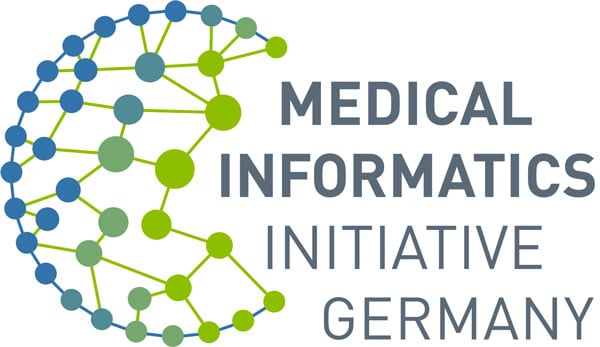Junior Research Group | iXplain_CDS
Interoperable and eXplainable Clinical Decision Support
About the project
Digitization in medicine increases the availability of routine clinical data, which - if properly integrated, represented and analyzed - can translate into additional value beyond its original documentation purpose. One major challenge of medical informatics is to develop and evaluate systems that use such heterogeneous and high-dimensional data effectively and robustly for the benefit of patients, such as providing automated support for complex decision-making problems, which are an elementary part of medicine. The quality of decisions made by medical professionals is significantly influenced by the extent of their explicit and tacit knowledge, which often is very personalized.

Other factors influencing medical decisions are high workloads and stressful situations, for example in intensive care units. Clinical decision support systems can assist medical professionals in specific decision-making tasks, such as diagnosis or treatment planning, as they can rapidly process large amounts of clinical (and non-clinical, e.g. patient-generated) data.
The explainability and interpretability of the calculated recommendations including comprehensibility of the underlying algorithmic logic are essential for the trust in and acceptance of such decision support. The Junior Research Group iXplain_CDS explores and develops clinical decision support systems that can be used across clinics due to their interoperable design and increase the resilience of predictions and the trust of physicians and patients by providing explanatory components.
Initial use cases will focus on assisting pediatric neuroradiologists with assessing brain maturity based on magnetic resonance images and the prediction of severity of COVID-19 infections.
"The consistent ongoing development of data collected in routine medical care and their linking in HiGHmed across institution boundaries with additional research data opens up new possibilities for generating dynamic models, which can map novel, personalized treatment strategies in learning, intelligent decision support systems."
Prof. Dr.-Ing. Steffen Oeltze-Jafra
Goals
The Junior Research Group designs, implements, and evaluates clinical decision support systems for a variety of medical use cases.
The focus is on the patients‘ well-being, the comprehensibility of the decisions and the systems‘ reusability. Knowledge on innovative diagnostic and therapeutic procedures will be made more widely available and will also be made accessible to other healthcare institutions.
We will address the following challenges, among others:
-
Synthesis of knowledge-driven and data-driven AI models
-
Reusability across clinics by relying on open international standards and connecting the systems to the HiGHMed platform
-
Explainability of the models used
-
Prerequisites and factors influencing the comprehensibility of an explanation
-
Data modeling and data integration into the HiGHmed platform
-
Evaluation of the systems in clinical routine
Further information
Head of the Junior Research Group iXplain_CDS
Dr. Dominik Wolff
Peter L. Reichertz Institute for Medical Informatics of the TU Braunschweig and the Hannover Medical School
Members of the Junior Research Group iXplain_CDS
Juliane Schneider
Research Associate
Peter L. Reichertz Institute for Medical Informatics, Hannover Medical School
Andre Schomakers
Research Associate
Peter L. Reichertz Institute for Medical Informatics, Hannover Medical School
Dr. Adrian Schulz
Research Associate
Peter L. Reichertz Institute for Medical Informatics, Hannover Medical School
Eric Dragendorf
Research Assistant
Peter L. Reichertz Institute for Medical Informatics, Hannover Medical School
Sarah Nee
Research Associate
Peter L. Reichertz Institute for Medical Informatics, Hannover Medical School
Katharina Wendt
Research Associate
Peter L. Reichertz Institute for Medical Informatics, Hannover Medical School


